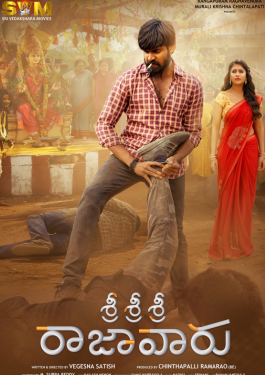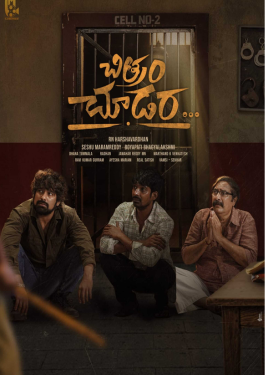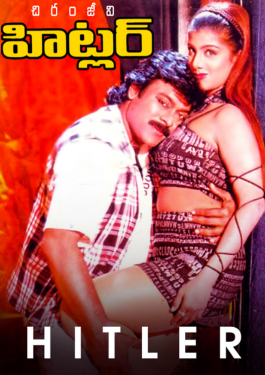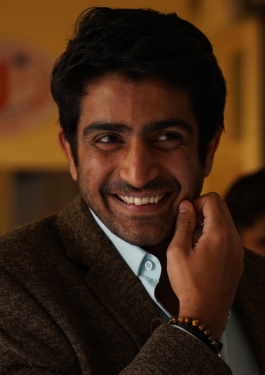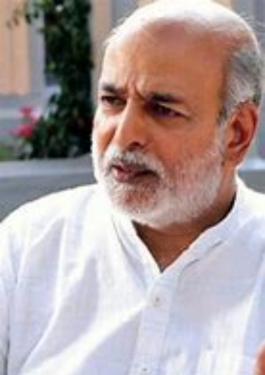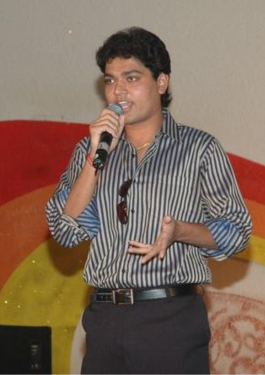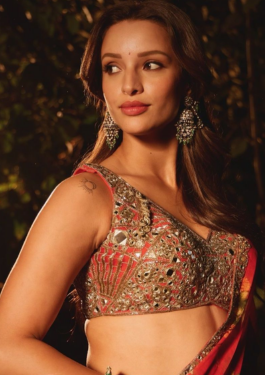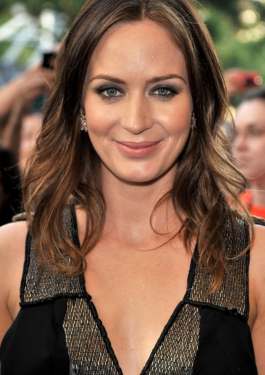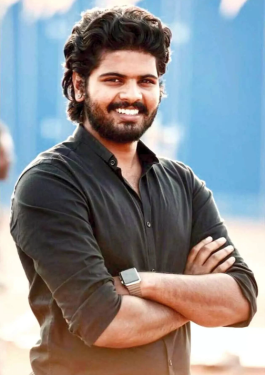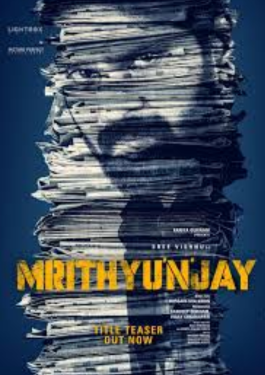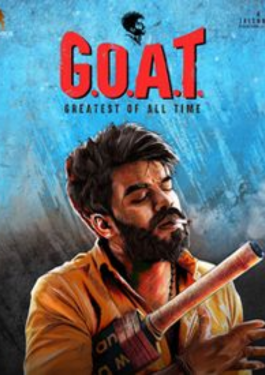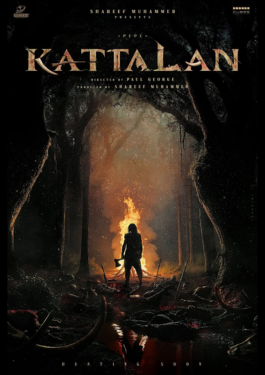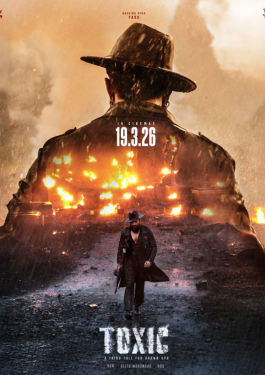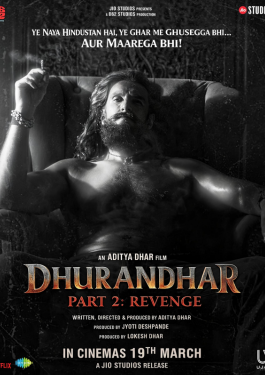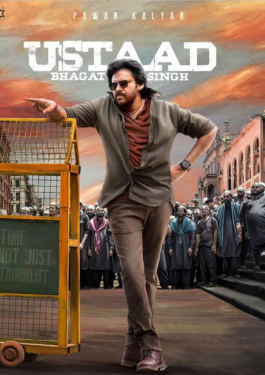- February 25, 2024 / 10:54 AM ISTByFilmy Focus
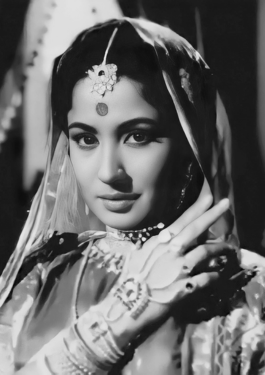
Meena Kumari
Biography:
Meena Kumar, an Indian actress and poet who appeared in Hindi cinema, was born Mahjabeen Bano and lived from 1 August 1933 until 31 March 1972. Often referred to as “The Tragedy Queen,” she operated from 1939 till 1972.
Many people rank Kumari as one of the best actresses in Indian movie history. She acted in more than 90 movies over her 33-year career as an actress, starting as a young child. Her drunkenness has been linked to liver cirrhosis, which is what caused her death at the age of 38.
In the Filmfare Award category for Best Actress, Kumari received four wins. Her first Filmfare Best Actress Award was for Baiju Bawra in 1954, and she also won for Parineeta in the second Filmfare Awards in 1955.
At the 10th Filmfare Awards (1963), Kumari created history by winning Best Actress after being nominated for three times. She won for her role in Sahib Bibi Aur Ghulam. She received her final Best Actress award for Kaajal at the 13th Filmfare Awards (1966).
Her role in Sahib Bibi Aur Ghulam has drawn criticism for being too close to her real life. Master Ali Bux, a Sunni Muslim who moved from Bhera (now in Pakistan), was Kumari’s father. A seasoned performer in Parsi theater, he also made music, wrote Urdu poetry, performed minor roles in a few movies, and played the harmonium.
After getting married, Kumari’s mother Iqbal Begum—whose real name was Prabhavati Devi—converted from Christianity to Islam. Ali Bux’s second wife was Iqbal Begum. She was a theater performer and rumored to be linked to the Bengali Tagore dynasty before she met and married Ali Bux.
On August 1, 1933, Kumari was born under the name Mahjabeen to Ali Bux and Iqbal Begum. Ali Bux was really disappointed because he had hoped for a son. Her two sisters were Khursheed Jr., the older, and Mahliqa, the younger, who was formerly known as Madhu and was married to actor Mehmood.
She was the second daughter of the couple. Her father abandoned her at an orphanage after realizing he couldn’t afford to pay the doctor for her delivery; but, a few hours later, he decided to take her back home. Kumari preferred to go to school instead of pursuing a profession in film as a young child.
Her parents nevertheless began taking her to movie studios in search of employment chances. Mahjabeen was hired by director Vijay Bhatt for the movie Leatherface, and on her first day of work, she received Rs. 25.
In 1939, Leatherface made his debut. At a very young age, she took over as the family’s primary provider of income. In a 1962 interview, Kumari said that she was really satisfied with herself because she had helped her parents since she was four years old.
She was accepted into a regular school, but her studies were frequently disrupted by work obligations. Her education came via private tuition and self-study because she didn’t attend school in any significant way.
More Details
| Name | Meena Kumari |
|---|---|
| Also Known as | Meena Kumari |
| Date of Birth | 01/08/1933 |
| Date of Death | 31/03/1972 |
| Birth Place | Mahjabeen Bano |
| Current Residence | Mumbai, Maharashtra, India |
| Religion | Islam |
| Nationality | Indian |
| Height | 173 CM |
| Father | Sunni Muslim |
| Mother | Iqbal Begum |
| Sibling | Ali-Amrohi family |
| Spouse | Kamal Amrohi |
| Educational Qualification | Graduate |
| Debut Movies | |
|---|---|
| Language | Movie Name |
| Telugu | Hitler |
| Awards List | ||||
|---|---|---|---|---|
| Year | Award | Category | Movie Name | |
| 1954 | Filmfare Award | Best Actress | Baiju Bawra | |

